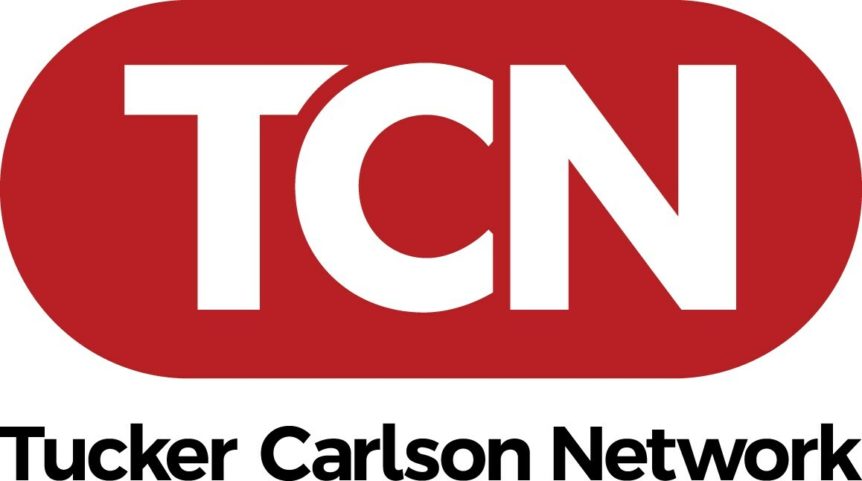
Tucker Carlson’s digital media startup subscription venture, the Tucker Carlson Network, launched on Monday minus the significant fanfare one would expect from a personality looking to regain the sort of political relevancy and influence he once possessed while being a primetime host on Fox News.
The extent of the brand rollout has consisted of an exclusive announcement on Megyn Kelly‘s SiriusXM show, and on Thursday, the startup’s X account tweeted out images of digital Tucker Carlson Network billboards physically parked in front of media companies he doesn’t like.
🚨BREAKING: TCN billboards appear outside CNN headquarters pic.twitter.com/dyp1pbME3o
Advertisement— Tucker Carlson Network (@TCNetwork) December 14, 2023
Some call it advertising. We call it ✨art✨ pic.twitter.com/nMDA8lBN8K
— Tucker Carlson Network (@TCNetwork) December 14, 2023
Since leaving Fox News, Carlson has managed to keep his profile above water by maintaining a video presence on the social media site X, formerly Twitter. Carlson used his presence on X as a sort of time filler while he worked securing financing, to the tune of $15 million, to build and launch Tucker Carlson Network.
Now that TCN is a go at $9 per month, the question is whether it can find a firm footing in an arena that is already filled with other digital media startups, including from former Fox News primetime hosts such as Bill O’Reilly, Glenn Beck, the aforementioned Megyn Kelly, and the digital media startup Carlson launched years ago, The Daily Caller.
All of these startups are fighting for the same audience Carlson wants to keep engaging with.
According to Puck’s Dylan Byers, TCN and the other conservative/right wing startups face the challenge of a changing media landscape:
“With the decline of linear and the rise of digital media, it should theoretically be easier than ever for a marquee name like Tucker to capture the influence that was once exclusive to his former gatekeepers. Unfortunately for Tucker, and indeed for all members of the TV news diaspora, the means to do so remain elusive. In a world of increasingly niche news programming distributed on myriad platforms, there is no obvious path back into the hearts and minds of the mass market—and that’s especially true if you intend to charge people for whatever you’re selling. Cable news anchors may have been able to read their ratings, but perhaps few appreciated how much their financial success depended on their industry’s uniquely profitable business model, which charged people even when they never watched.”
There lies the conundrum Carlson and TCN face: the fragmentation of the Pay-TV business, which is spawning more pay subscription services that put an extra burden on family budgets, plus an older demographic which prefers the traditional method of access content via “old school” cable subscription packages, creates a rocky and uphill path to success.
When Carlson launched TCN on Monday, he said, “News coverage in the West has become a tool of repression. Reporters no longer reveal essential information to the public; they work to hide it. We plan to tell the truth about things that matter – clearly and without fear.”
Carlson figures continuing his primetime ways plus his close political connections is the way TCN can achieve widespread success that many of his former Fox News colleagues could not create.
The drama of the upcoming election year will test whether Carlson and TCN have what it takes to succeed.



